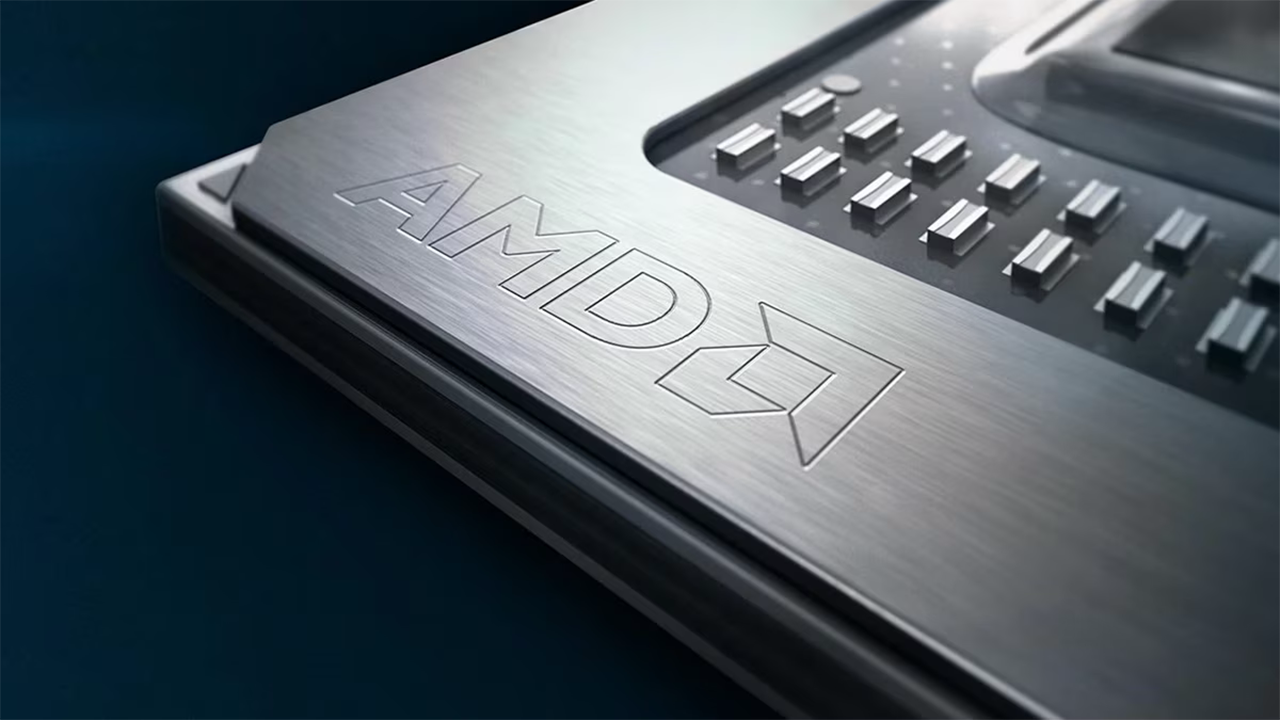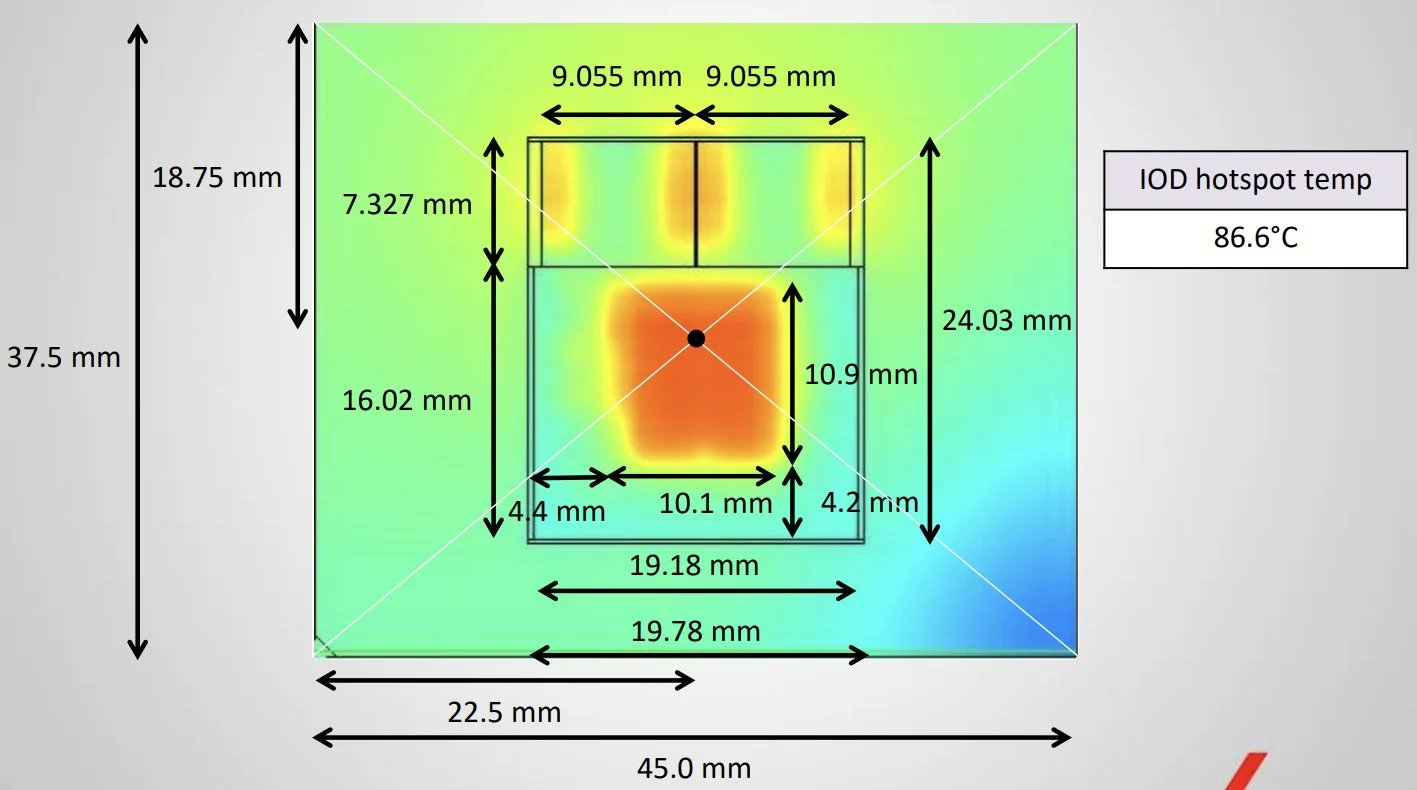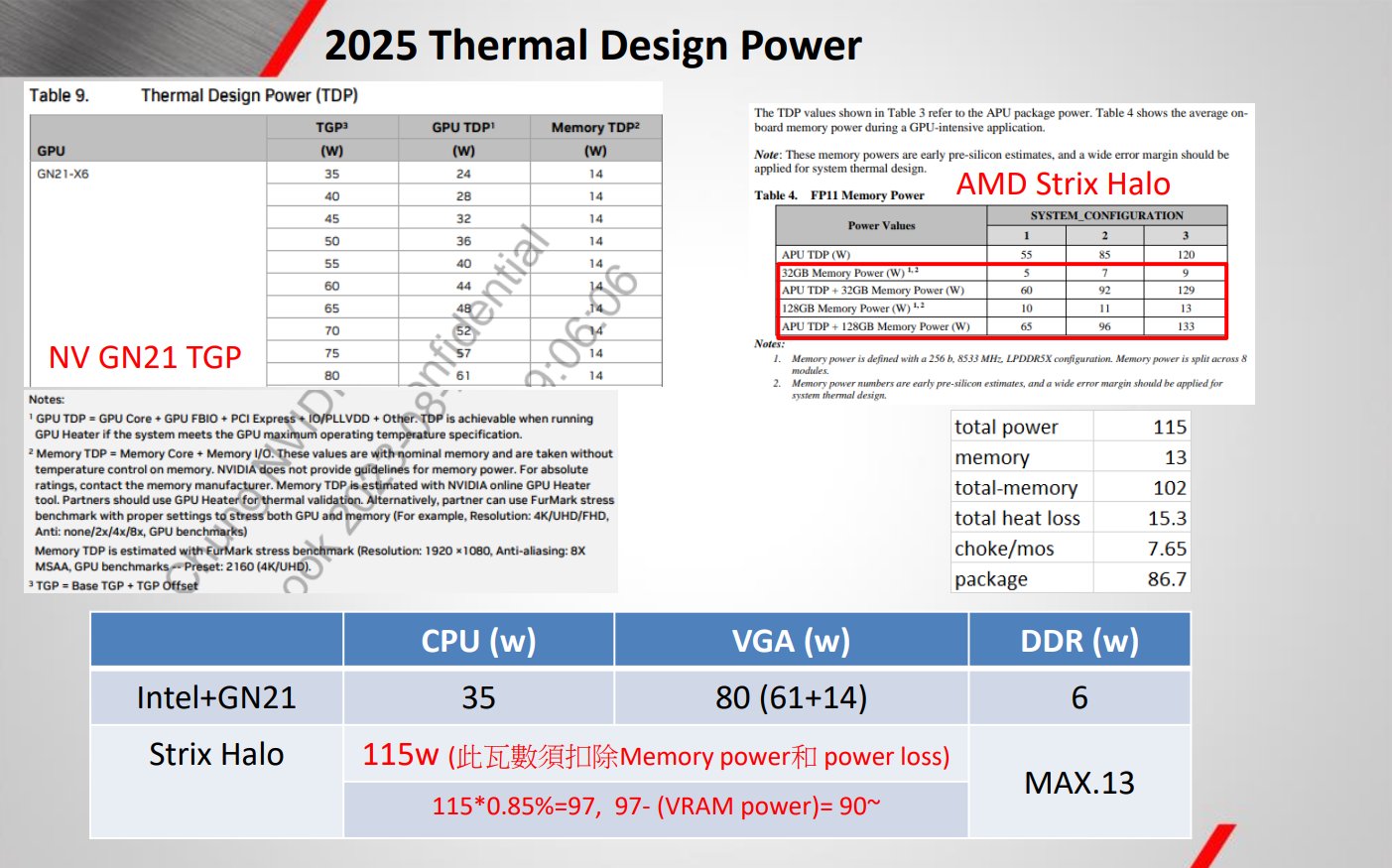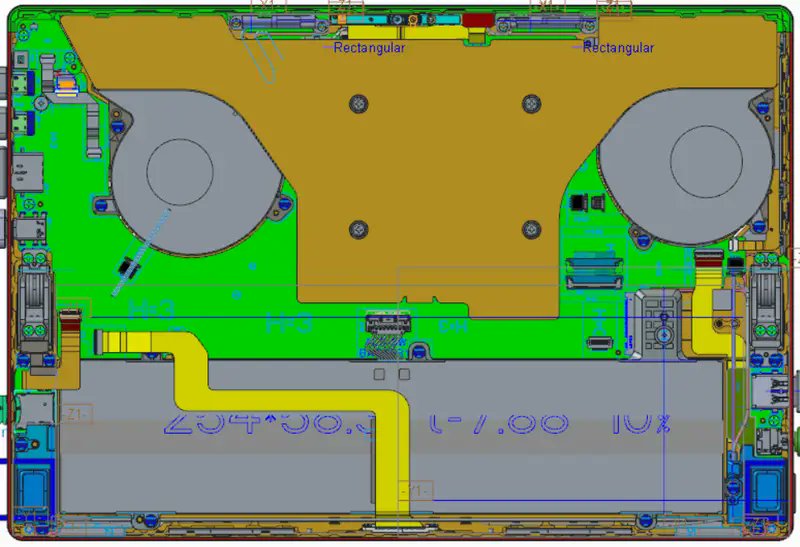
AMD still has to introduce its codenamed Strix Halo processor for ultra-high-performance laptops, but we occasionally get confirmations about this APU's monstrous specifications. This week, an unknown blogger posted excerpts allegedly from AMD documents revealing some extra details about AMD's upcoming processor.
The leaked excerpts claim that AMD's Strix Halo will reportedly come in an ultra-large package with a 256-bit LPDDR5X memory interface. One of the slides indicates that AMD's Strix Halo will come in a 37.5 mm × 45 mm package called FP11, precisely the size of an Intel processor in an LGA1700 form factor.
That package is said to house either a multi-chiplet processor featuring two eight-core Zen 5 core complex dies (CCDs) and a gigantic companion chiplet containing a high-end GPU, a memory controller with a 256-bit LPDDR5X-8533 PHY (up to 273 GB/s of peak bandwidth), and I/O capabilities; or an even a more gargantuan monolithic system-on-chip (SoC).
Based on the blueprint, the CCD could feature a die size of 66.34 mm², while the IOD+GPU could be 307.26 mm² large. If this is a monolithic SoC, which we doubt, it would have a die size of 460.9 mm².



Another slide indicates that AMD's Strix Halo in an FP11 package can consume up to 120W and, when equipped with 128GB of LPDDR5X memory, can reach 133W. Considering that we are talking about a processor with graphics capabilities akin to a mid-range discrete GPU, albeit with 273 GB/s of raw bandwidth, 133W does not seem excessive.
If the excerpts from Asus documents describing the company's upcoming ROG Flow X13 2025 gaming tablet are legitimate and accurate. Then, the company believes that a 133W monster could serve a gaming tablet well, provided the latter has a 'revolutionary and efficient thermal solution.' Meanwhile, the alleged Asus blueprints show that the company plans to install multiple LPDDR5X packages to take advantage of Strix Halo's 256-bit memory bus.
If the information about AMD's Ryzen 'Strix Halo' processor is correct, then the company might have a powerhouse at its hands. The company could not capture a sizeable share of gaming laptops for years with its Radeon discrete GPUs. Still, with a powerful APU and performance, power, and cost advantages that it promises to provide, AMD might turn the tables and recapture part of the market from Nvidia.







